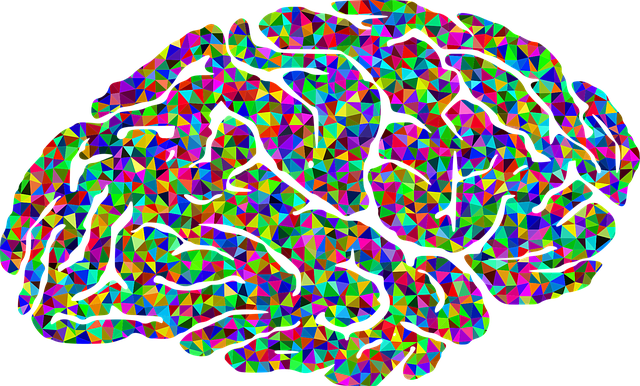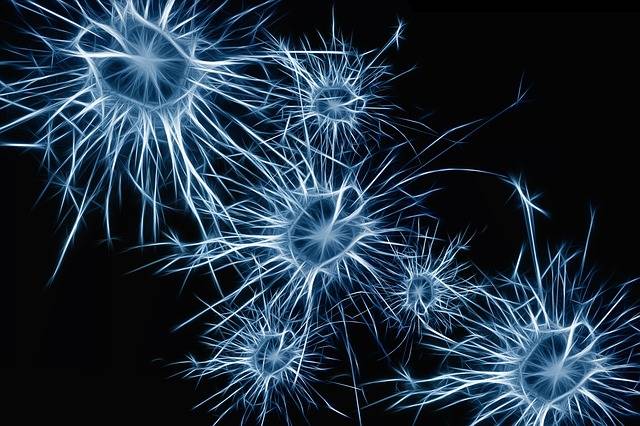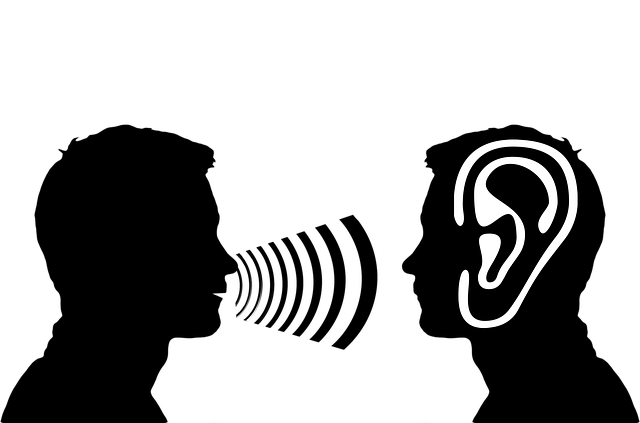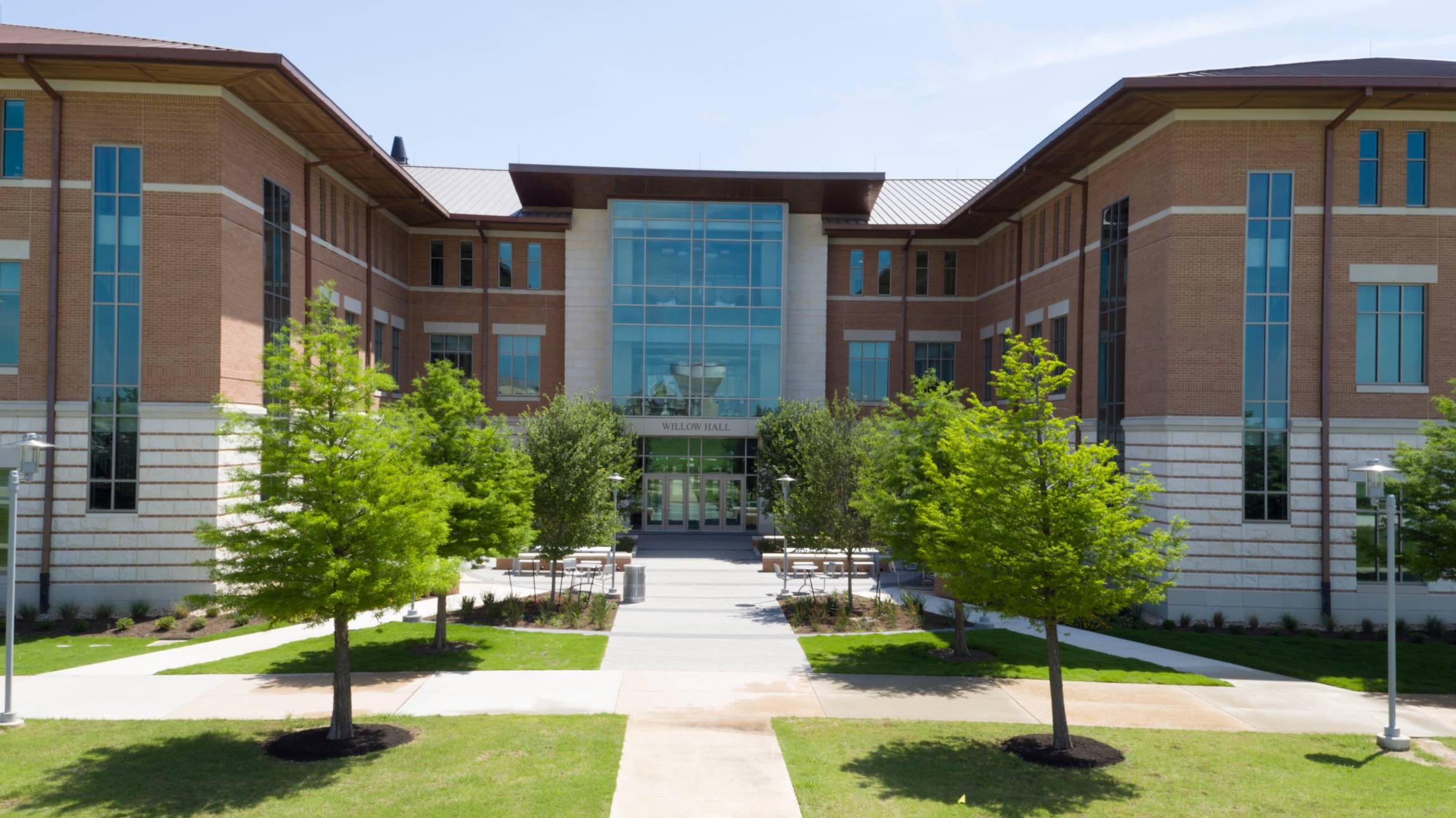Graduate Program Concentrations
FAQ
-
What is a concentration?
A concentration is similar to a minor in that it offers specialized and intensive training in an area selected by the student. Please be aware that you will have no designation on your diploma that indicates you completed a minor as concentrations are unique to our department.
-
Will my concentration affect where I work?
Students from all concentrations receive the same degree. Experience in a concentration can help students decide if they really do want to seek employment in a certain setting, but all students graduate prepared to seek employment in all settings.
-
Who should I contact to get more information about the concentrations?
Please email CDIS Department Graduate Program.
-
When do I select a concentration?
Students are currently required to select a concentration option on their graduate program application.
-
Can I change concentrations?
We currently allow students to change once they arrive on campus.
-
Can I participate in a concentration and write a thesis?
No. The thesis degree plan does not allow for a concentration. Essentially, "thesis" is a concentration choice itself.
Autism Concentration

Coordinators:
The Autism Concentration at Texas State provides students with:
- Offers a specialized concentration in the treatment and assessment of individuals of the autism spectrum
- Assessment & intervention experiences serving persons on the autism spectrum
- High quality, evidence-based academic and clinical training
- Evidence based research experiences for graduate students
Requirements:
- Demonstrate concentration-specific competencies
- First year:
- Attend biweekly concentration meetings to learn various issues regarding Autism.
- Second year:
- CDIS 5392- Evidence-Based Practice in Autism
Bilingual Concentration

Coordinators:
Dr. Maria Resendiz
The Bilingual Concentration provides students with:
- Multi-faceted exposure to and experiences with clinical bilingual and bicultural issues including populations other than Spanish-English bilinguals
- Interaction with bilingual speech-language pathologists currently serving diverse populations
- Community involvement through Bilingual Interest Group student organization providing resources to underserved populations
- Providing bilingual and bicultural diagnostic services to local School districts for their students with speech and language disorders
Requirements:
- Demonstrate concentration-specific competencies
- Additional graduate coursework includes:
- CDIS 5335- Bilingual Speech Sound Disorders, as an option
- CDIS 5391- Evidence-Based Practice in Second Language Acquisition
Fluency Concentration

Coordinators:
The Fluency Concentration provides students with:
- Assessment and intervention for people who stutter (PWS) across the life-span
- Advanced clinical and academic training for students in assessment and intervention for PWS
- Opportunities to utilize telepractice, which is the use of telecommunications technology at a distance by connecting clinicians to clients who may have difficulty to access of services and provide them with assessment, intervention, and/or consultation
Requirements:
- Demonstrate concentration-specific competencies
- First year:
- Meet with the concentration supervisor for two hours at an interval of four weeks
- Complete advanced readings on the treatment and assessment of fluency disorders
- Participate in the 10-day Comprehensive Stuttering Therapy Program (CSTP) in the capacity of graduate student clinicians
- Second year:
- CDIS 5393- Evidence-Based Practice in Stuttering
Neurogenic, Voice, & Swallowing Concentration

Coordinators:
The Neurogenic, Voice, & Swallowing Concentration provides students with:
- A special concentration in the treatment and assessment of individuals with medical-based communication/swallowing impairments
- Hands-on experience with instrumentation related to the assessment of individuals with communication/swallowing impairments
Concentration Requirements:
- Demonstrate concentration-specific competencies
- Students will complete advanced reading and modules related to the assessment and treatment of individuals with medical-based communication/swallowing impairments
- First year:
- Meet with their mentor for two hours at an interval of four weeks beginning their first semester of graduate school. The meetings will expose students to the interdisciplinary nature of medical speech language pathology
- Second year:
- Hands-on experience with instrumentation related to the assessment of individuals with communication/swallowing impairments
- CDIS 5394- Evidence-Based Practice in Neurogenic, Voice, & Swallowing
Versatility in Practice Concentration

Coordinators:
The Versatility in Practice Concentration provides students with:
- A specialized concentration in the treatment and assessment of individuals with varied speech and language disorders throughout the lifespan
Requirements:
- Demonstrate concentration-specific competencies
- First year: 2-3 meetings per long semester including
- advanced reading and clinical modules applicable to assessment and treatment of disorders across lifespan
- visit to various clinical settings that speech pathologists may work in
- Second year: Independent Study or Seminar course with professor whose research addresses general speech and language differences and disorders.
- CDIS 5395-Evidence-Based Practice in Communication Disorders Across the Lifespan
Hearing and Related Disorders Concentration

Coordinators:
The Hearing and Related Disorders Concentration at Texas State provides students with:
- Offers a specialized concentration in the treatment and assessment of individuals with hearing loss and related disorders
- Assessment & intervention experiences serving persons with hearing loss and related disorders
- High quality, evidence-based academic and clinical training
- Evidence based research experiences for graduate students
Requirements:
- Demonstrate concentration-specific competencies
- First year:
- Attend biweekly concentration meetings to learn various issues regarding hearing loss and related disorders
- Second year:
- CDIS 5396- Evidence-Based Practice in Hearing Loss and Related Disorders

